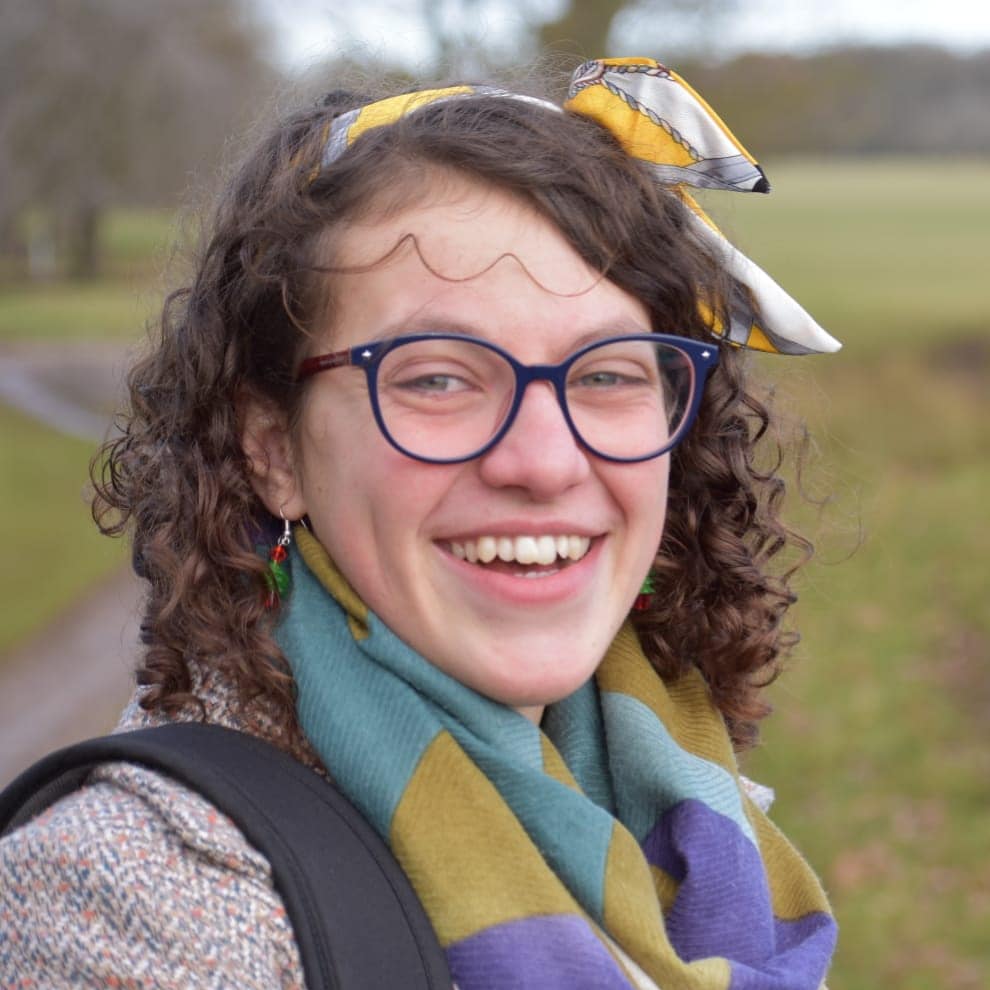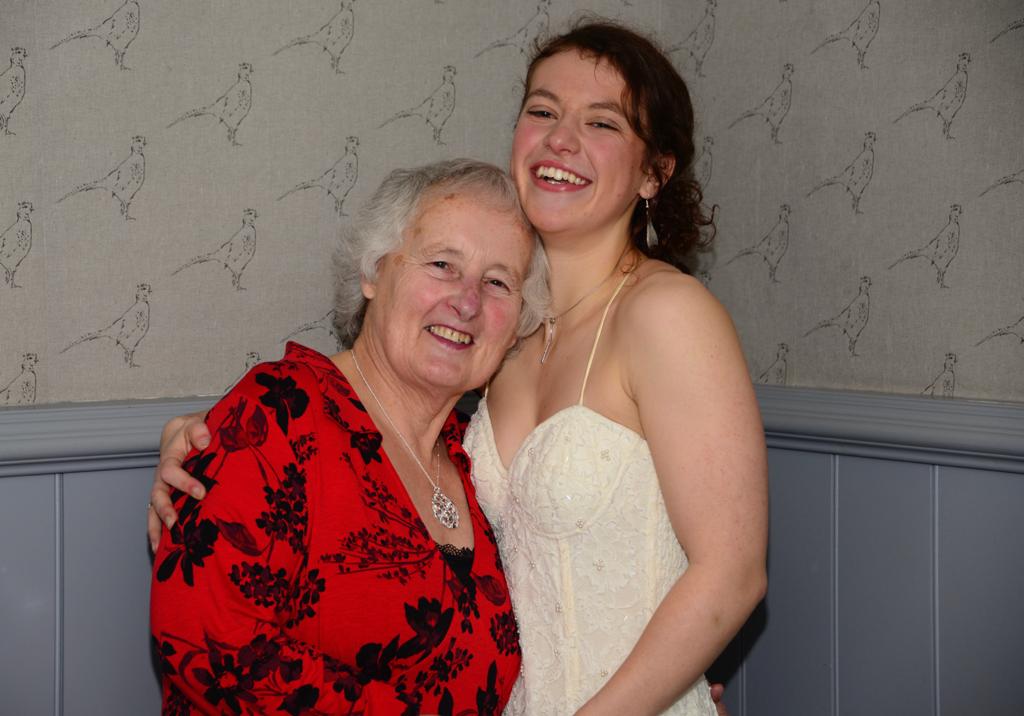Improving the future of air travel for wheelchair users and broader accessibility and inclusion with Kate Hardwick.
Air travel for wheelchair users and those with wider accessibility requirements is a constant hot topic and very important to us at ableMove and graduate, Kate Hardwick. Kate is an extremely bright young woman spearheading the way for vastly improved accessibility and inclusion across the aviation industry, after just finishing up a four-year degree in Air Transport Management at Loughborough University. This promising young woman has already secured herself a job in the aviation industry, starting in September 2021 and is planning on effecting change from the inside out, making sure in future, wheelchair users who want to travel by aircraft, not only can, but can do so with dignity, comfort and ease. Improving accessibility in aviation is what keeps Kate focused. For Kate, air travel for a wheelchair user isn’t something that should be endured, it is something that should be enjoyed. We spent some time with Kate and learnt more about what makes her tick and we just know that this is a name you will be hearing again and again in the aviation industry in future.
Kate comes from a family of aviation enthusiasts. Her Grandfather was a Concorde engineer and most of her close relatives are either pilots or work in the aviation industry. She grew up surrounded by people who love everything tabout aviation. But it only takes one bad experience, and one person with enough drive and determination to effect the change to prevent someone else having a bad experience and you have an industry shake up on your hands.
Every single day here at ableMove, we hear stories from our own customers about their bad experiences whilst flying. Every story is unique and what we have learnt from listening to our customers is that for wheelchair users, flying is very rarely a positive experience. It is fraught with challenges from the moment you step into an airport, right through to the final destination. Kate’s Grandma had a bad experience and for Kate, this was the moment when she realised that it shouldn’t have to be like this. Why should wheelchair users expect anything other than a positive experience. “My Grandma didn’t feel secure at any point in doing what she was being asked to do,” says Kate when describing the experience her own relative had at an airport. For us at ableMove, this sums up exactly what we are all about. A wheelchair user must feel safe and secure when they are in the hands of others.
For Kate the biggest hill to climb in the industry is changing attitudes. We spoke a lot about what changes could be made to improve a wheelchair user experience through technology and infrastructure, but it all comes down to a shift in the way everyone in the industry thinks about wheelchair passengers. When attitudes are changed, then the rest will slot into place. “We are not talking enough about accessibility in society as we should be,” says Kate, “aviation has shown it can lead the way through initiatives such as the sunflower lanyard scheme which is now well know across society, so now it could lead the way in accessibility too.”
When asked what could be done right now, what the first step could be for the industry to propel itself forward and become that societal leader in accessibility and inclusion best practice, Kate answers without a shred of hesitation, that opening up the lines of communication is the best place to start. Including wheelchair users in the decisions that are taken on the ground will be a huge leap forward for improving their experiences and we are in total agreement with this sentiment. The process of travelling through an airport and being transferred on and off an aircraft for a wheelchair user can be very dehumanising. The personal element is often removed. Kate wants to see this change; “Why not just talk to the wheelchair user, make it a personal experience, ask if they want to stop for a coffee, or visit a shop in the departure lounge. Let’s listen to the passengers and hear what they have to say.”
For her dissertation, Kate decided to create a roadmap looking forward over the next 15 years in the aviation industry and where we should be in terms of accessibility and inclusion by then. Kate’s research, which involved extensive surveys with high level people from across the industry identified 54 actions that need setting in motion, and not only that, but Kate, in conjunction with figures from across the industry, has identified the solutions to each of the actions.
Josh Wintersgill, Founder of ableMove commented on Kate’s findings: “People like Kate are the future of the global aviation industry and with people like this smart and intelligent young woman leading the way and those with lived experiences who have been impacted by their personal circumstances driving change , we can together make sure that wheelchair users, like me, who are consistently coming up across the same issues and challenges each time we fly, are having more positive, dignified, comfortable and safe experiences. There needs to be a total industry shift in how things are done, being led by people such as Kate. All of us here at ableMove are excited to see the impact she makes in future and will no doubt follow her future career closely.”
All of us here at ableMove will be working closely with Kate over the next few months, before she starts her new role, on some special projects we have in the pipeline and whilst we can’t give too many details away right now, do keep checking our website and social media pages for more information.







Leave A Comment